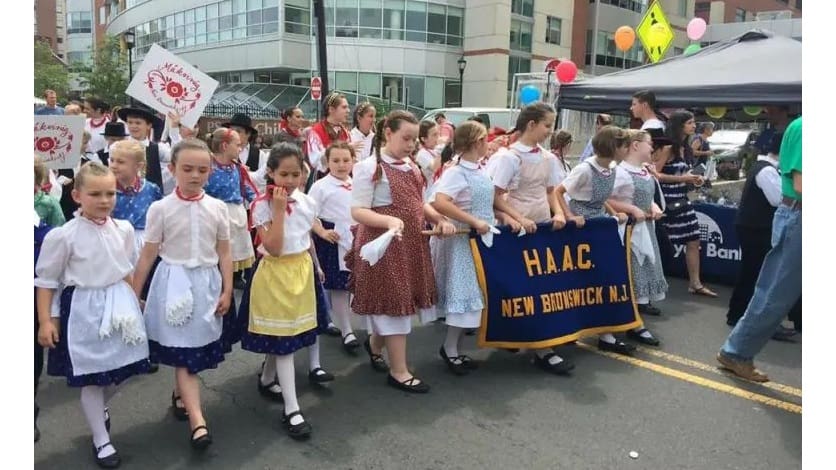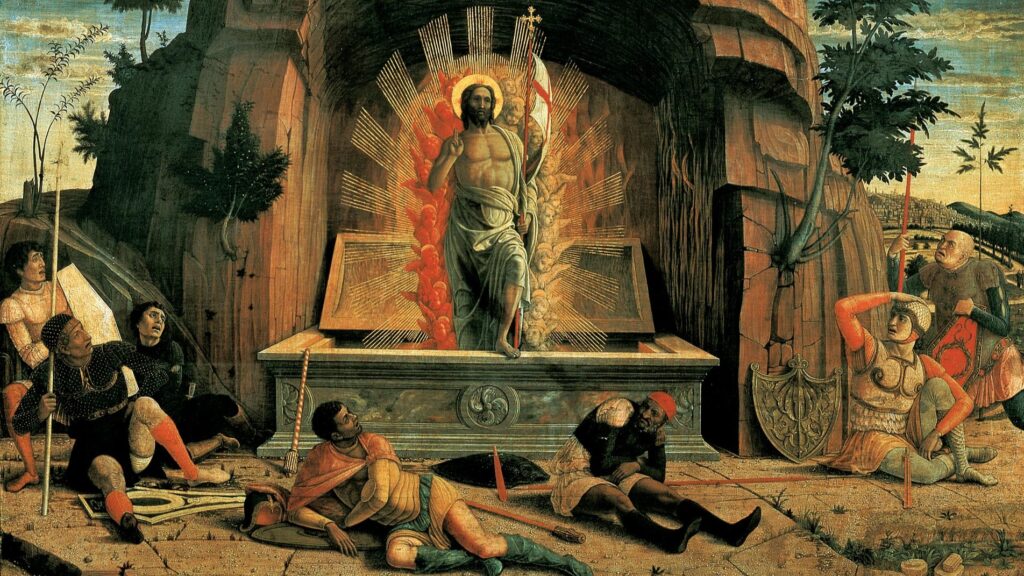The Hungarian American Athletic Club of New Brunswick (HAAC) is one of the most prominent Hungarian social and cultural organizations in North America. For its 110th anniversary event, the ballroom of the club, believed to be the most magnificent one among the whole Hungarian-American community, was decorated with stunning elegance. The founding members were commemorated with photos and candles placed on the stage.
After the singing of the national anthems, the guests were welcomed by former club president Mózes Kovács, who has been temporarily leading the club, together with Mária Stumpf (also a former president), since the beginning of this year. Then István Pásztor, Hungarian Consul General of New York, welcomed the guests. The club’s folk-dance ensembles, Csűrdöngölő, Mákvirág, and Fészer Band, as well as award-winning operetta prima donna Ibolya Nagy and opera singer Gergely Boncsér of the Hungarian State Opera entertained the audience, while the Horváth Duo, featuring singer Tünde Csonka, made guests dance after the performances. Denisa Varga-Bottova, former club president and folk dance group leader, was serving as the master of ceremonies throughout the programme.
The Brief History of HAAC
As the commemorative booklet explains, when 13 enthusiastic, sport-loving young Hungarian men won an unforgettable victory, 16–2 against the most famous baseball team in Middlesex County at the time on July 4, 1913, the idea of founding a club was born.
The founders dreamt of a place that could support the aspirations of young Hungarians all year round, not only in sports but also in terms of entertainment and culture. On October 23 of the same year, HAAC was founded, with July 4 as its officially recorded date of foundation. The first home of the club was in the house of one of its founding members, Mihály Gödry. When the Roman Catholic parish of St Ladislaus built its school and large dance hall in 1914, they made sure that there was room for the youth, and thus the new club moved in, and the hall became a suitable sports and entertainment venue for its members. Arguably, the most significant event in the club’s history was the building of its own headquarters, thanks to the generosity of the Hungarian community of New Brunswick and its vicinity.
The massive building, inaugurated in 1959, became the centre of Hungarian life in New Brunswick and the central scene of its cultural and social life as well as its national celebrations.
When they had to move again due to the expansion of the neighbouring Robert Wood Johnson Hospital, they were initially offered a remote location, but the club’s management insisted on the ‘Hungarian neighbourhood’, so after lengthy negotiations, an agreement was reached on the future of the club. Thus the new, current building was built in 2006.
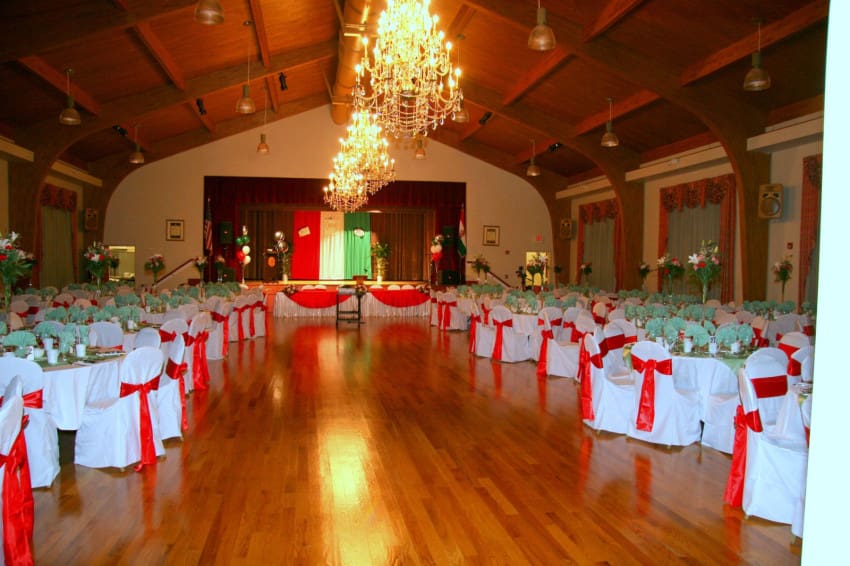
The club’s most important task continues to be to get the Hungarian community together; and their aim is to host events for all Hungarian organizations. They are members of the Committee of Churches and Associations; they commemorate national holidays together with other Hungarian organizations; they hold monthly Friday dinners, as well as an annual harvest ball and Christmas party. The Hungarian school holds its end-of-year celebrations and recitation competitions there as well. The club also hosts the Hungarian scouts for their Santa Claus celebrations, and also provides a permanent home for their two folk dance groups, which performed at the 110th anniversary event, too.
During the COVID pandemic, the demographics of the club membership have changed dramatically, with many older members moving out from the neighbourhood, retiring or passing away, while the daily routines of younger families were upended. Although in 2022, the regular programmes, such as the annual Hungarian Festival and other traditional events were restarted, and the dance groups continued their weekly practices and regular performances, the number of volunteers has dropped dramatically, and the club has been struggling to find its feet ever since.
Now, Mózes Kovács and Mária Stumpf, both former presidents of the club, are working together to keep the organization running smoothly and to find a suitable successor to lead it.
The survival of the club during the COVID pandemic can largely be attributed to grants from the Bethlen Gábor Fund set up by the Hungarian Government.
The club, and especially the folk dance teachers, are assisted by scholarship recipients of the Kőrösi Csoma Sándor (KCSP) programme, also established by the Hungarian Government. In the framework of this scholarship initiative, the recipients, who normally come from Hungary for a period of nine to ten months, work with the locals to develop Hungarian community life and folk traditions.
The 110th Anniversary
In his welcoming speech, former president (and current trustee) Mózes Kovács referred to the 110th anniversary of the club as a milestone worthy of recognition, which he said is a symbol of Hungarian heritage; and then called the presence of István Pásztor, the Consul General of the Hungarian Consulate General in New York, a symbol of national solidarity between Hungarians in the old country and those in the diaspora.
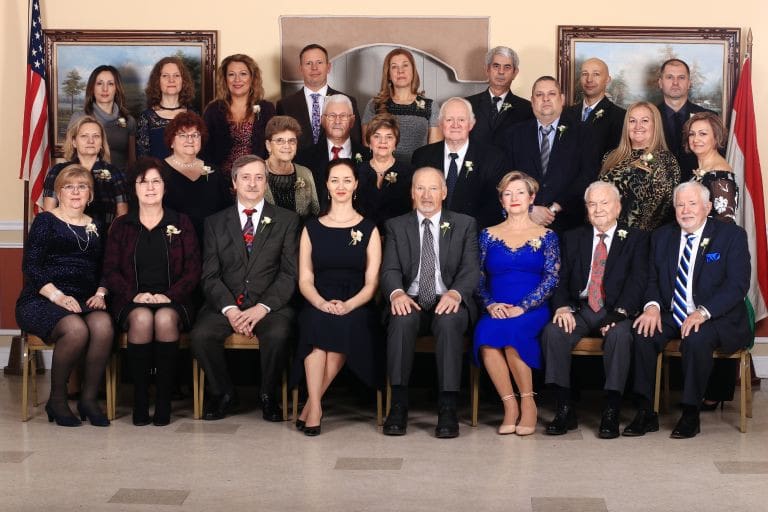
‘As we look back on this long and eventful journey, we commemorate those who were here before us, who led the way for our community, who dedicated their time, energy, and love to keep this Hungarian club alive for future generations. These individuals have left a lasting mark. Today, we pay tribute to them and to all unknown heroes, who made it possible for us to gather here and continue the work they started’, he said. He then added that volunteerism is a key aspect of the club’s history, since it is through the selfless efforts of countless volunteers that the club has flourished. Volunteers put their hearts and time into organizing events, maintaining facilities, and showing future generations the profound importance of volunteering for the Hungarian community.
Kovács also noted that while celebrating 110 years of the past, we must also look into the future.
‘The importance of the young generation should not and cannot be underestimated. Without their energy, innovation and dedication, the legacy of our institution would remain in the past.
They are the ones who carry on the traditions, values, and community spirit that we hold so dear. Without them, there is no future. But it is also very important that the younger generation understands the importance of commitment and volunteering.’
For this to happen, he said, young people need to be educated to recognize the value and importance of giving, volunteering, and community involvement to ensure a future where the community continues to thrive and grow. ‘Today I urge us to encourage and support the younger generation and help them to become committed volunteers. Let us encourage their participation and support their initiatives, ensuring that our club, this beautiful Hungarian house, remains active, meaningful, and true to its original vision.’
He went on to express the board’s gratitude to all club members and to the committee organizing the ceremony, and asked them to continue to honour their ancestors, to protect and cherish the heritage entrusted to them, to keep alive the spirit of volunteerism and to support the younger generation, because ‘they are the guardians of the future, of the next 110 years’.
Denisa Bott-Varga, the Master of Ceremonies of the event, gave a brief history of the well-known local folk dance ensemble Csűrdöngölő, which delighted the hearts and souls of the guests with their dances from Balázstelke. In 1992, under the leadership of Mária Sárközi, the Hungarian Club’s folk dance group was launched, i.e. for the past 30 years the club has been providing local young people with the opportunity to learn Hungarian folklore and folk dance. In 1998, adult members of the group joined forces with the Regös group of the local Hungarian scouts to take part in the Flower Carnival of Debrecen, New Brunswick’s sister city. After the successful performance, they continued to work together as a single folk dance group, practising in the club to this day.
Although the Csűrdöngölő dancers have changed over the years, the current members are also working as instructors of the club’s children folk dance group (Mákvirág) these days, ensuring that Hungarian folk dance and folk music will continue to be available to the New Brunswick community. The Mákvirág children’s folk dance group has been averaging 80–100 children at its weekly practice meetings in recent years. As she said, the Mákvirág dancers make the club’s events more colourful and memorable, all the while promoting the variety of Hungarian culture at international festivals. Their dancers are successful every year at the Pontozó international Hungarian folk dance competitions in North America, both in the group and solo categories, and have won numerous awards from Hungarian folk dance teachers and choreographers, too. During the evening, they performed dances from the Southern Lowlands region of Hungary and closed the show with the traditional birthday toast performance.
Between the two performances of the local folk dance group, Ibolya Nagy, award-winning operetta prima donna and honorary ‘Operetta Ambassador’ took the stage who, as Denisa explained, promotes operetta as a so-called ‘Hungaricum’. She was a leading artist of the internationally renowned InterOperett show and a founding member of Dankó Radio, where she hosted an operetta programme. She has performed in almost every theatre in Hungary, singing some of the most significant prima donna roles in the genre, and has also been invited to perform in operas and musicals. This musical genre is her life, and she proclaims that operetta is nothing but the music of smiles. Gergely Boncsér, who began his career as a member of the Miskolc National Theatre’s chorus, made his debut in 2008 on InterOperett and then became a fellow of the Opera House as a member of its studio, under the direction of Géza Oberfrank. In 2010, he won the Ferenc Lehár Operetta Singing Competition; while in 2016, he was awarded the József Simándy Memorial Plaque. In 2021, he was recognized with the Golden Cross of the Hungarian Order of Merit and he was also named Chamber Singer of the Opera House.
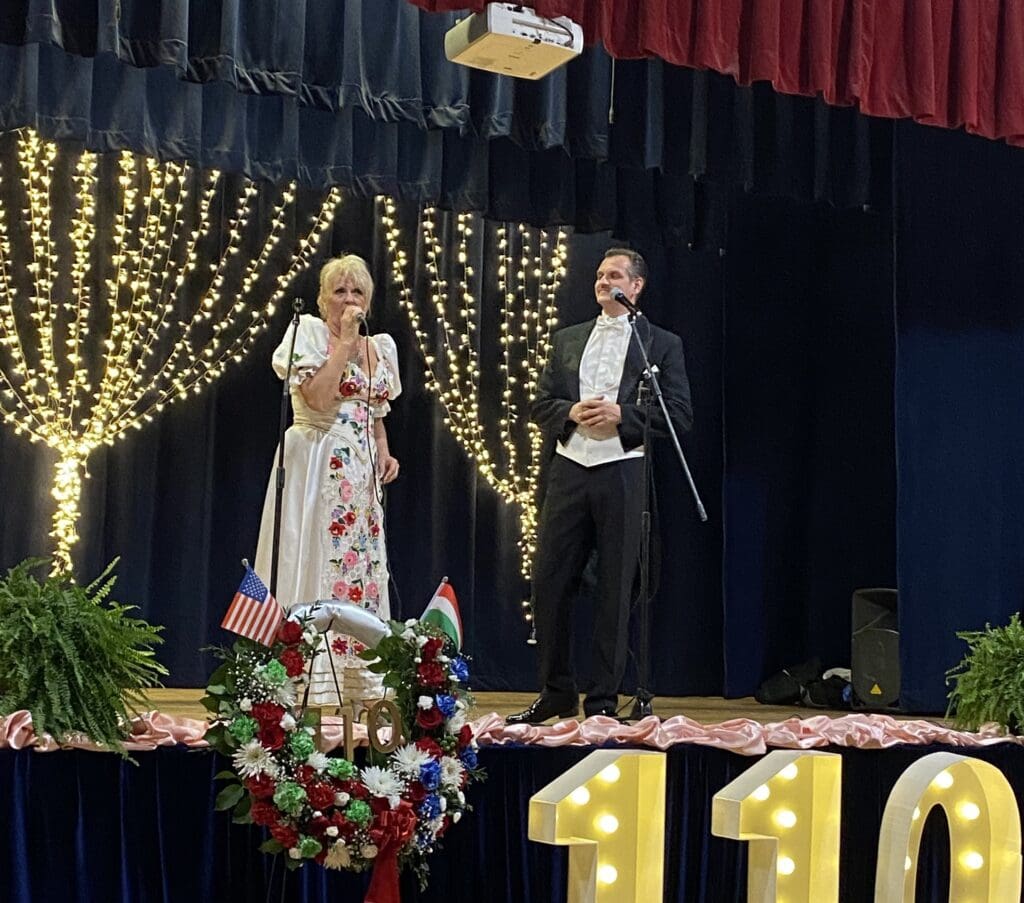
After the performances, Rev. Zsolt Ötvös, pastor of the Hungarian Reformed Church in New Brunswick, and Imre Juhász, priest of the St Ladislaus Roman Catholic Church took the microphone briefly.
Reverend Ötvös stressed the importance of education, preserving the Hungarian heritage and spiritual gifts, and passing them on to future generations. Father Juhász asked for God’s blessings on the food and drinks prepared with loving care and on all those ‘who do good in the name of God’.
As I learned from Zsuzsa, the wife of Mózes Kovács, who was also actively involved in organizing this event, Ibolya Nagy is their old best friend; she also performed at the 100th anniversary celebrations of the club ten years ago. Although I’m not familiar with the operetta genre, I enjoyed the performance, especially the beautifully rendered, famous air ‘Hazám, hazám’ from Ferenc Erkels’ opera Bánk bán. I also learned from Zsuzsa Kovács that the delicious dinner was provided by the catering company of club member Zoltán Papp.
The concept and design of the ballroom and stage decorations were credited to Mária Stumpf, the club’s first woman president and current trustee. The elegant decorations, full of twinkling lights, provided an appropriate setting for the commemoration and celebration.
On the stage, 13 candles were lit in memory of the club’s founding members and all those who are no longer with us, expressing the eternal gratitude of the current community to their predecessors.
Next to the candles, a photo of the current leadership was also displayed. Further, a laurel leaf wreath, half of which was decorated with red-white-green flowers, while the other half with red-white-blue flowers and matching flags, symbolized the homeland they had to leave and the new homeland in the host country they ‘built 110 years ago’ where they ‘enjoyed and cherished their Hungarian traditions’.
Next to the wreath, there was a candle, ‘still burning today, which we gladly pass on to the next generation with a hand extended to them, so that they feel and know the important role the club plays as a Hungarian institution and feel and embrace the importance of its survival’. And finally, a photo of more than a hundred dancing children was also on display, representing faith in the future generation and the hope that the next generation will take over and keep the Hungarian Club alive, with the caption: ‘Tribute to the past, honour the present, hope for the future. The force that connects generations is our Hungarian identity. God bless the Hungarians; God bless the 110-year-old HAAC and keep it for at least 110 more years!’
Related articles:

